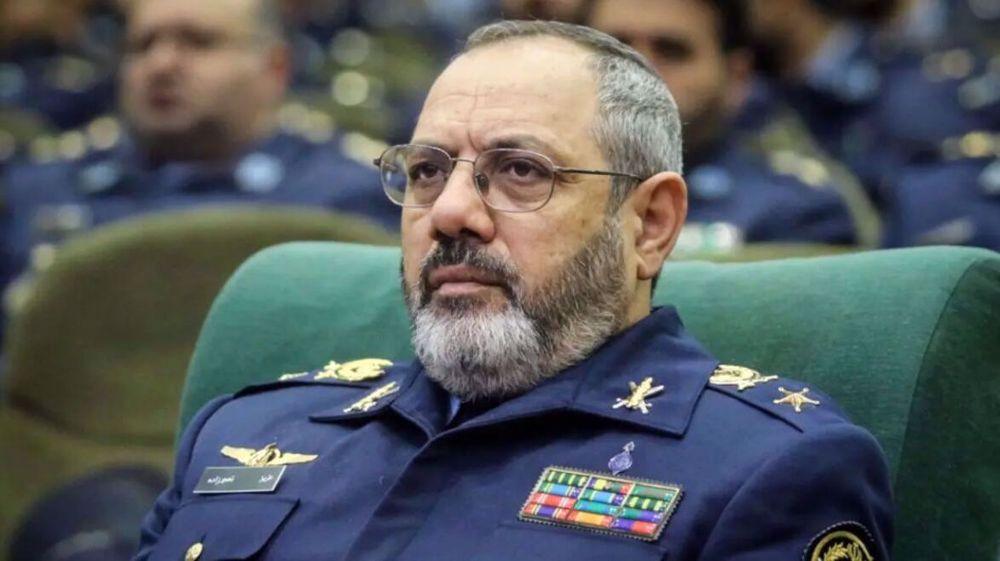Iran’s Defense Minister, General Aziz Nasirzadeh, has touched down in China for a critical two-day diplomatic and security visit, signaling Tehran’s growing alignment with Beijing and Moscow amid escalating tensions in the Middle East. His visit comes at a pivotal moment following renewed hostilities and international concerns over Iran’s nuclear infrastructure.
Nasirzadeh was warmly received by Chinese officials as he arrived to participate in a high-level summit of defense ministers from member states of the Shanghai Cooperation Organization (SCO). The security-focused bloc, dominated by China and Russia, includes key regional players such as Iran, India, Pakistan, Belarus, and several Central Asian republics. The summit is being held in Qingdao, a strategic eastern city in China, with a sharp focus on enhancing military cooperation and regional security among member nations.
China’s official Xinhua news agency reported that Chinese Defense Minister Dong Jun held bilateral meetings with Nasirzadeh and his counterparts from Russia, Belarus, Kyrgyzstan, and Pakistan. These discussions are expected to address regional military collaboration, joint exercises, and collective strategies against emerging global threats.
Related Articles:
- Trump insists Iran’s nuclear plans put back ‘decades’ by US strikes after report says otherwise
- Trump slams Iran, Israel for violating ceasefire
- Iran denies violating ceasefire as Israel orders ‘powerful strikes’ on Tehran
Nasirzadeh’s arrival follows a dramatic announcement by former U.S. President Donald Trump, who claimed a temporary ceasefire had been reached between Iran and Israel, an assertion yet to be confirmed by either government. The backdrop to this development is a series of high-impact strikes on Iranian nuclear facilities, allegedly carried out by Israel and the United States.
Speaking during a televised interview, Iranian Foreign Ministry spokesperson Esmail Baghaei confirmed that Iran’s nuclear infrastructure had suffered what he described as “significant damage” due to “repeated attacks.” He attributed these strikes to coordinated operations by Israel and the United States, suggesting that critical components of Iran’s nuclear program were deliberately targeted.
The damage has not only heightened tensions across the Middle East but also escalated Iran’s urgency to strengthen its strategic partnerships, particularly with non-Western allies like China and Russia. Nasirzadeh’s visit underscores Tehran’s deepening ties with these powers and its commitment to a multipolar world order where Western influence is increasingly challenged.
The Shanghai Cooperation Organization has emerged as a key platform for Iran to engage in defense diplomacy, especially at a time when the country faces mounting international pressure and isolation from Western powers. Analysts believe this visit could result in expanded military cooperation, technology transfers, and coordinated policy strategies among SCO members.
While Beijing has remained largely neutral in the Israel-Iran conflict, China’s ongoing support for regional diplomacy and its deepening military relationships with Tehran may become increasingly important as global tensions evolve. The outcome of this summit may not only shape Iran’s defense posture but also influence the balance of power in the region.
As the SCO summit continues, the world watches closely to see whether Iran’s growing collaboration with Eastern powers will lead to a new chapter in global security dynamics, especially in light of recent confrontations involving nuclear infrastructure and high-level geopolitical maneuvering.







